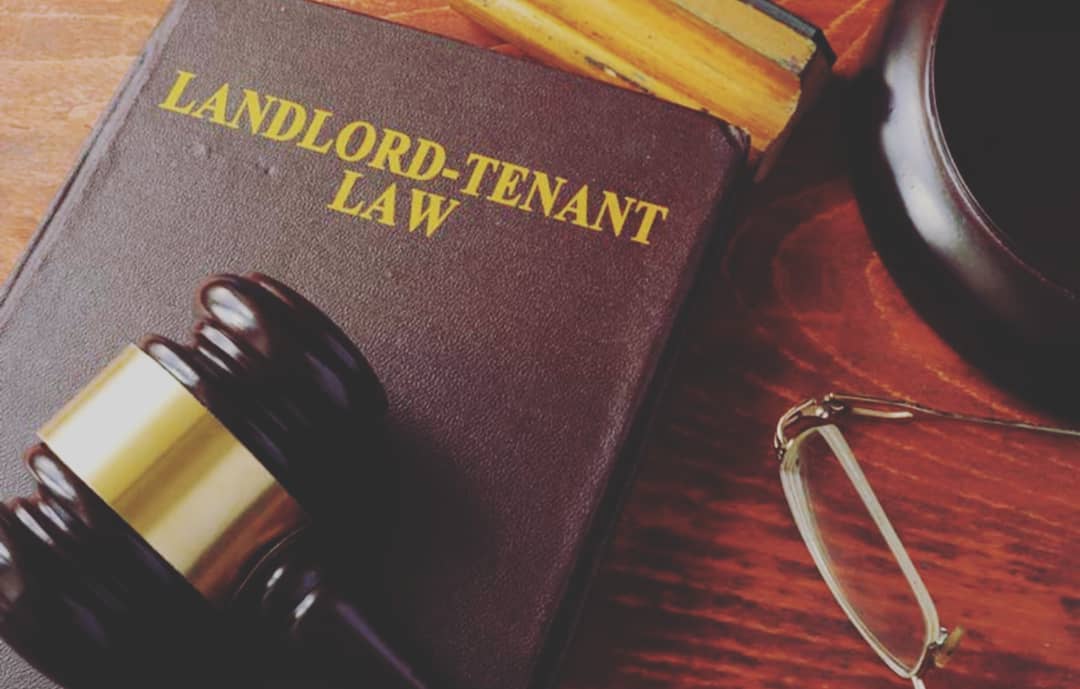
Real estate and property management law is a branch of law that covers laws related to immovable and movable property. While this branch of law protects the rights of owners, it also regulates matters such as sales transactions, rental transactions, real estate investments, inheritance transactions, taxes, regulations and standards. In addition, real estate and property management law also regulates the procedures to be applied in the event that debtors show their immovable properties as collateral, such as mortgage transactions.
Property Management Law
Property management law, expressed in English as property management law, deals with the regulation of transactions by the owner or tenant of a property. These transactions include the sale and transfer of real estate, lease agreements, title deed transactions, mortgage transactions, inheritance transactions, zoning transactions and building permit transactions. When making a contract between the parties for the sale or transfer of a property, the relevant legal procedures must also be completed. Property owners can also rent out their properties and these leases are regulated under property management law. Land registration procedures, which show who the owner of a property is and what rights he has on the property, are also within the scope of property management law. Mortgage transactions are a method used to secure against debts on property.
Property Management and Rental Law
The terms referred to as estate management law and rental law in the international literature can be translated as real estate management law and rental law. Property management law and rental law are similar but different branches of law. While property management law broadly regulates all transactions carried out by the owner or tenant of a property, leasing law includes only the legal regulations regarding the leasing of properties.
Rental law covers issues such as renting a property, preparing a rental agreement, determining the rental price, and the tenant's rights and responsibilities. Real estate management law also focuses on issues such as the sale or transfer of a property, title deed registration, mortgage transactions, inheritance transactions and zoning transactions. However, there are also some commonalities between property management law and rental law. If a property is leased under property management law, a legally appropriate lease agreement must be drawn up. Therefore, there is a close relationship between property management law and rental law. However, both branches of law cover separate fields.
Professional Support for Real Estate and Property Management
Real estate and property management are complex fields that involve many legal procedures. Real estate agents are professionals who have the knowledge required for transactions such as the sale, transfer or lease of a property or property.
In addition, property management companies can handle important operations for the property owner, such as maintaining a property, leasing it out, checking tenants and collecting rent. Professional support is essential to the success of a real estate or property investment. One wrong step can have serious consequences.